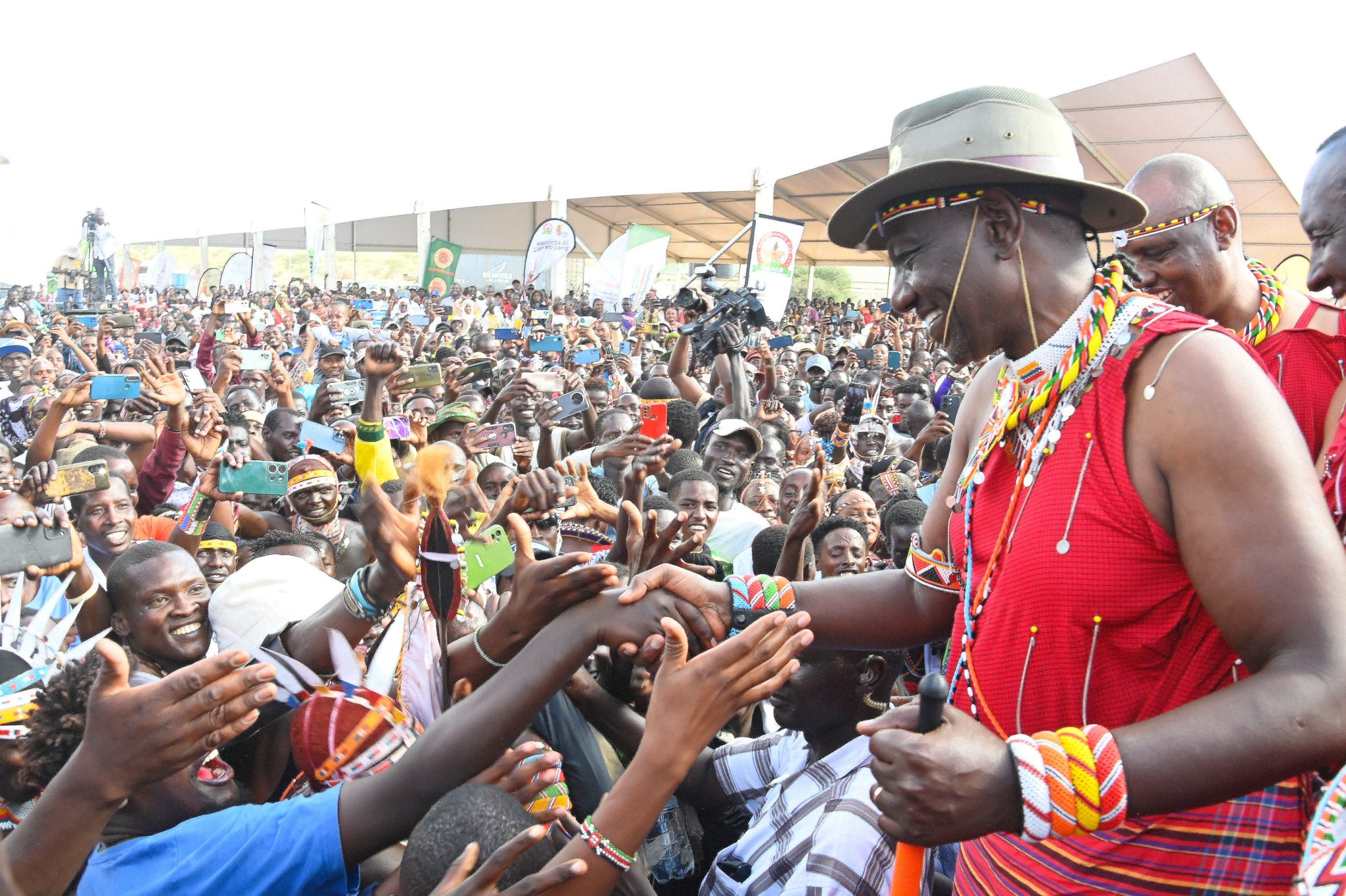On November 8, 2024, President William Ruto announced an ambitious nationwide livestock vaccination program set to begin in January 2025. Speaking at the Maa Cultural Festival in Samburu County, the President revealed plans to vaccinate 22 million cattle and 50 million goats and sheep against diseases like foot-and-mouth disease (FMD) and peste des petits ruminants (PPR).
President Ruto emphasized the program’s potential to protect livestock health, ensure food security, and expand access to both domestic and international markets. “This will ensure we access both national and international markets for our livestock products,” he said.
Benefits of the Livestock Vaccination Program
The government has highlighted several advantages of the program:
- Disease Prevention: Controlling FMD and PPR to safeguard livestock health.
- Boosting Exports: Enhancing meat quality to meet international standards.
- Support for Pastoralists: Improving income through healthier livestock.
- Food Security: Ensuring a steady supply of livestock for consumption.
- Promotion of Local Vaccines: Using safe, locally produced vaccines from the Kenya Veterinary Vaccines Production Institute (KEVEVAPI).
- Zoonotic Risk Reduction: Limiting disease transmission from animals to humans.
- Economic Growth: Strengthening the livestock sector and fostering national development.
- Global Market Access: Opening doors to regional and international meat markets.
- Modernizing Agriculture: Aligning with government’s broader agricultural reforms.
- Animal Welfare: Reducing suffering through proactive disease prevention.
Opposition and Controversy
Despite the outlined benefits, the program has faced strong criticism from various quarters. Wiper Party leader Kalonzo Musyoka has led the opposition, claiming the initiative is a covert attempt to alter livestock genetics. He warned that this could have environmental implications, such as stopping methane emissions from livestock.
“The nationwide program, marketed as an environmental protection measure, reeks of a sinister foreign agenda,” Musyoka stated on November 16, urging Kenyans to reject the plan. Githunguri MP Gathoni WaMuchomba echoed similar concerns, calling the vaccination drive a “globalist agenda” with potential negative outcomes.
Some livestock owners have also expressed reservations, with a segment vowing non-compliance. Concerns range from mistrust in vaccine safety to fears of government overreach.
Government Response
In response to the backlash, the government launched a public awareness campaign on social media platform X, using the hashtag #VaccinateMyLivestock. The campaign aims to educate Kenyans about the program’s benefits. Informational posters have outlined key reasons for supporting the vaccination drive, emphasizing economic, health, and food security benefits.
President Ruto has remained steadfast, defending the initiative as critical for Kenya’s economic and agricultural future. Speaking at the annual pastoralists’ leadership summit in Wajir, he underscored the importance of disease control in unlocking foreign markets.
“We want to create a disease-free country so that we can market our livestock products to destinations where we have been denied access due to disease control inadequacies,” he said. Dismissing the opposition as baseless, Ruto labeled critics as “unreasonable” and “possibly stupid.”
The Road Ahead
With 22 million cattle and 50 million goats and sheep set to be vaccinated, the program has the potential to transform Kenya’s livestock industry. However, bridging the gap between government intentions and public skepticism will require transparent communication and engagement with stakeholders.
As January 2025 approaches, all eyes will be on the implementation and impact of this landmark initiative, which could reshape Kenya’s agricultural landscape for years to come.





